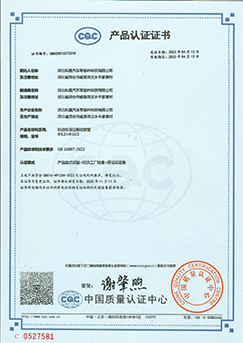High-Performance Oil Cooler Pipes for Enhanced Engine Efficiency
Sep . 12, 2024 12:59 Back to list
High-Performance Oil Cooler Pipes for Enhanced Engine Efficiency
Understanding Oil Cooler Pipes Essential Components in Engine Cooling Systems
Oil cooler pipes are vital components in the engine cooling systems of many vehicles, particularly those designed for high performance or heavy-duty applications. The primary function of these pipes is to facilitate the efficient transfer of engine oil from the engine to the oil cooler, where it can be cooled before circulating back to the engine. This process is crucial for maintaining optimal engine temperatures, thereby enhancing performance and preventing overheating.
Engine oil plays a crucial role in lubrication, reducing friction among moving parts, and also aids in cooling by absorbing heat generated during combustion. As the engine operates, the oil can become heated to high temperatures, which can degrade its viscosity and effectiveness. This is where oil cooler pipes come into play. By directing hot oil to the oil cooler, these pipes help ensure that the oil remains within the optimal temperature range, preserving its lubricating properties and extending the life of the engine.
oil cooler pipe

Oil cooler pipes are typically made from durable materials capable of withstanding the high temperatures and pressures generated within an engine. Common materials include aluminum and stainless steel due to their excellent thermal conductivity and corrosion resistance. These pipes are designed to be both lightweight and robust, minimizing the overall weight of the vehicle while ensuring durability under harsh conditions.
Installation and maintenance of oil cooler pipes are equally important. Over time, these pipes can experience wear and tear, leading to potential leaks or blockages that can compromise the cooling system's efficiency. Regular inspections are essential, especially for high-performance vehicles that operate under extreme conditions. Any signs of damage or deterioration should be addressed promptly to avoid serious engine issues.
In conclusion, oil cooler pipes are essential for the effective cooling of engine oil, helping to maintain optimal engine temperatures and improve overall performance. Their role in the engine's thermal management system cannot be overstated. Vehicle owners should be attentive to the condition of these pipes and ensure they are properly maintained to promote engine longevity and reliability. By understanding and caring for these components, drivers can enhance their vehicle's performance and protect their investment in the long run.
